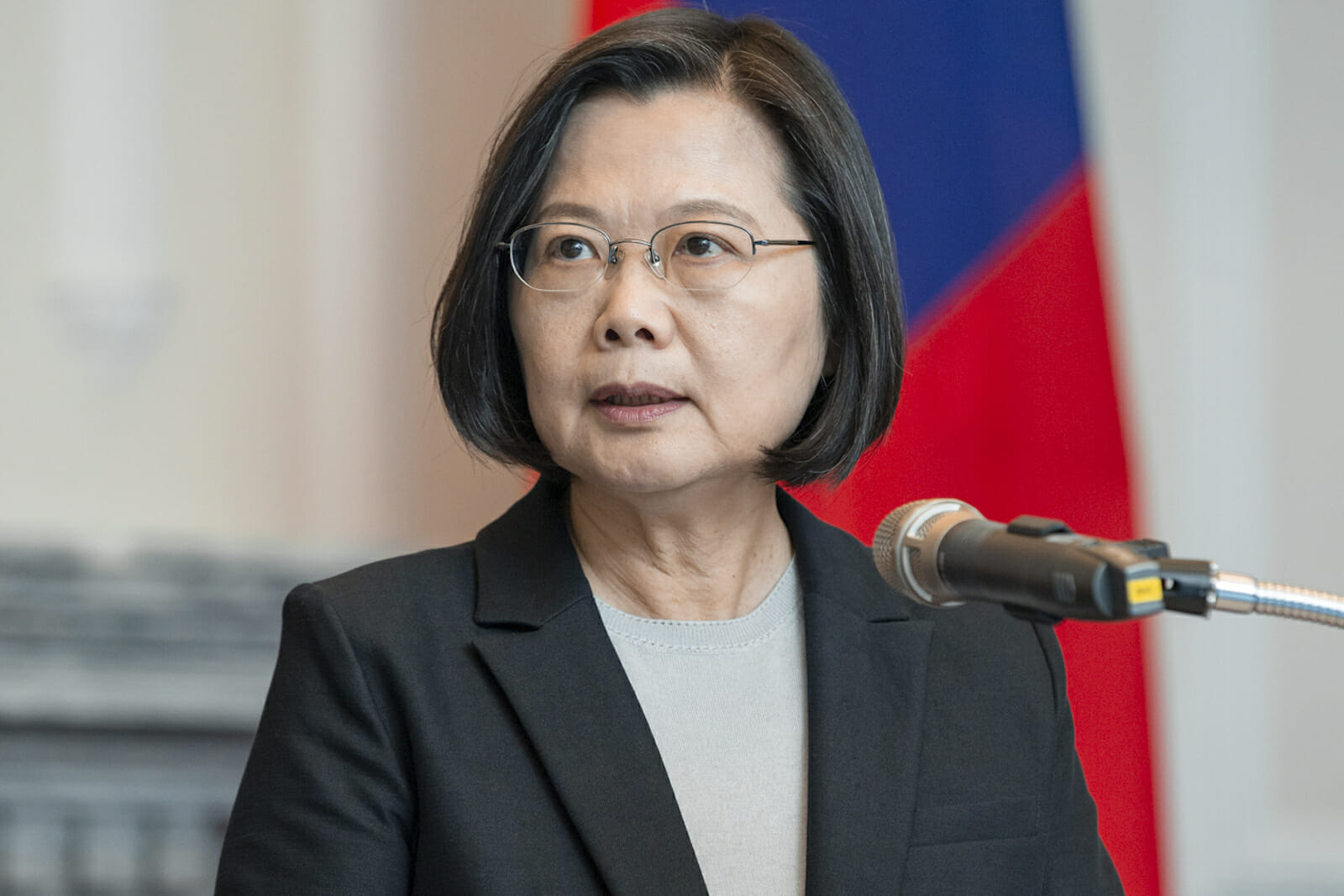
Time for a Clear and Consistent U.S. Policy to Strengthen Relations with Taiwan
“There’s going to be extreme competition and I’m not going to do it the way that [Xi Jinping] knows,” President Joe Biden said, referring to his still developing policies on China. On February 10, Biden had his first phone call with Chinese President Xi Jinping and expressed concern regarding Beijing’s aggression towards Taiwan. For decades, China-Taiwan relations have been a difficult and sensitive issue for U.S. policymakers.
Now is the time for a clear and consistent U.S. policy that will confront Beijing and strengthen relations with Taipei. Biden should maintain the previous administration’s hardline approach to China. Former Secretary of State Mike Pompeo’s termination of previous guidelines for U.S.-Taiwan relations provides the new Biden administration an opportunity to recognize Taiwan’s status as a sovereign country and just as crucially, a trusted U.S. ally.
Following Biden’s inauguration, China flew fighter aircraft through Taiwan’s airspace and warned the United States against crossing Beijing’s “red line.” Addressing these hostilities is vital to global security, as Beijing increases the use of its military and sanctions to threaten countries that oppose China.
Global leaders are recognizing that the Chinese Communist Party’s growing propaganda and military exercises endanger international health and security. Australia has led an inquiry into the origins of the COVID-19 pandemic, suggesting that China conducted a cover-up. The United Kingdom and Japan have formed a partnership to counter Beijing’s maritime aggression. The United Kingdom has recently revoked the CCP’s broadcasting license for English-language news channels.
Meanwhile, Taiwan proves to be a valuable trading partner and contributor to the global economy and technology industry. It is home to the Taiwan Semiconductor Manufacturing Co., the world’s largest producer of computer chips for smartphones and high-performance computing. Countries that are dependent on TSMC maintain close ties with Taiwan through business and investment deals. Taiwan’s 1.89% GDP increase in 2020, despite the pandemic, demonstrates its economic resilience.
Consistency is key, as clear and unambiguous policies would be more effective than misleading China or Taiwan. On February 4, Biden announced, “American leadership must meet this new moment of advancing authoritarianism, including the growing ambitions of China to rival the United States.” Though it is not yet known whether Biden will be tough on China, he has suggested a mixed approach involving cooperation and confrontation.
Beijing’s aggression leads some to believe that confronting China is equivalent to risking war. Critics suggest countries have more to gain by engaging with China through trade. However, even in the absence of confrontation, China conducts missile tests and military exercises, threatening East Asia’s stability. Beijing’s frequent use of economic sanctions turns trade into a tool for coercion. Trade is beneficial, but not at the cost of Taiwan and its neighbors’ freedom and security.
Confronting China and establishing Taiwan’s status in the international community is long overdue. Biden’s conversation with Xi initiated new negotiations for U.S.-China policy. Coincidentally, 2021 is also the Year of the Ox, a symbol of stability and prosperity. After a turbulent 2020, new opportunities can pave the way for new relationships and a path forward—one that is clear and consistent.

